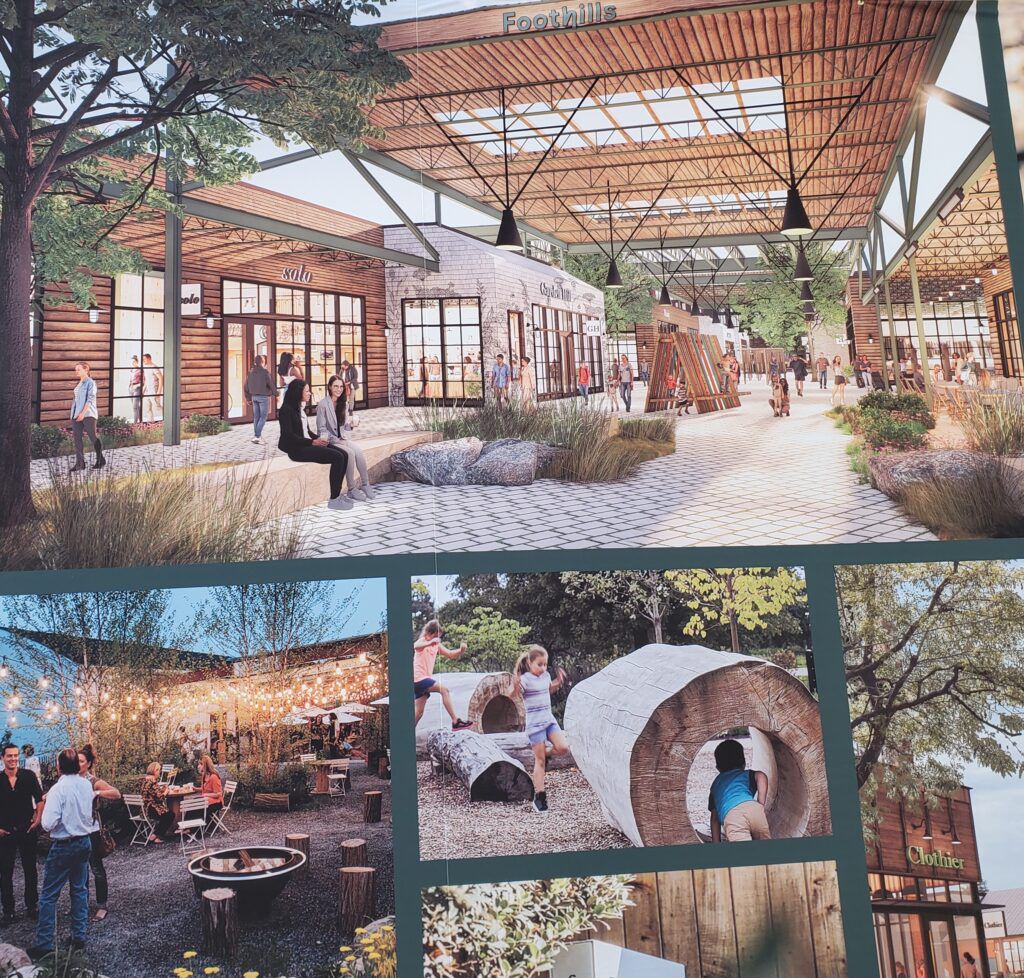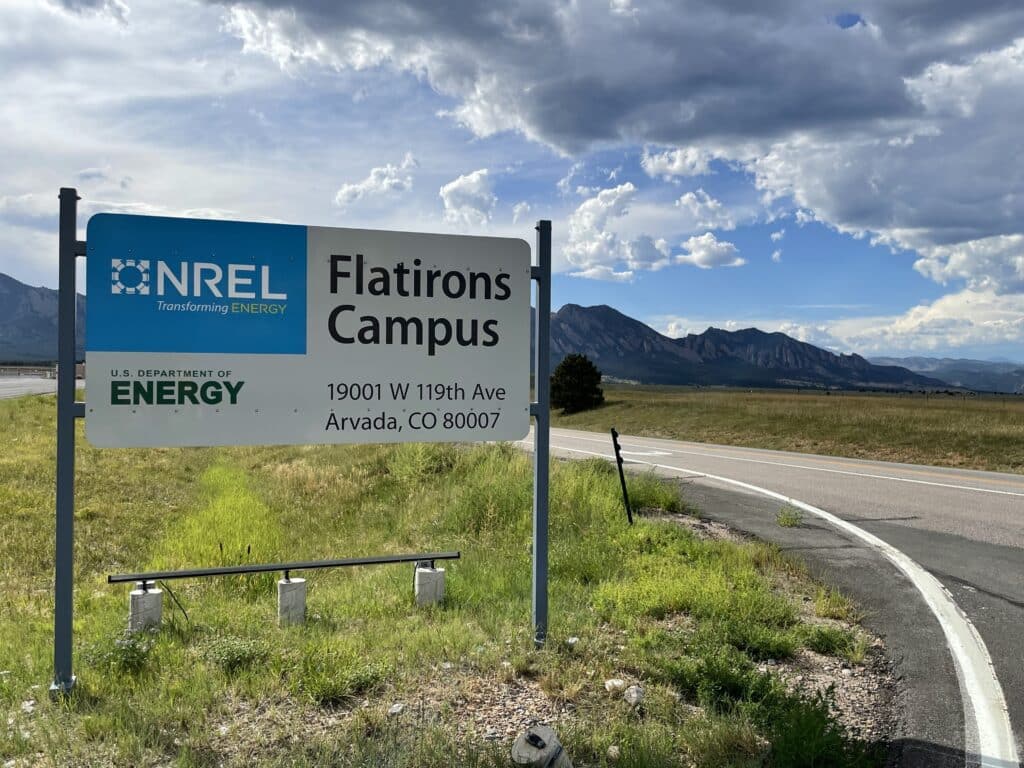A proving ground
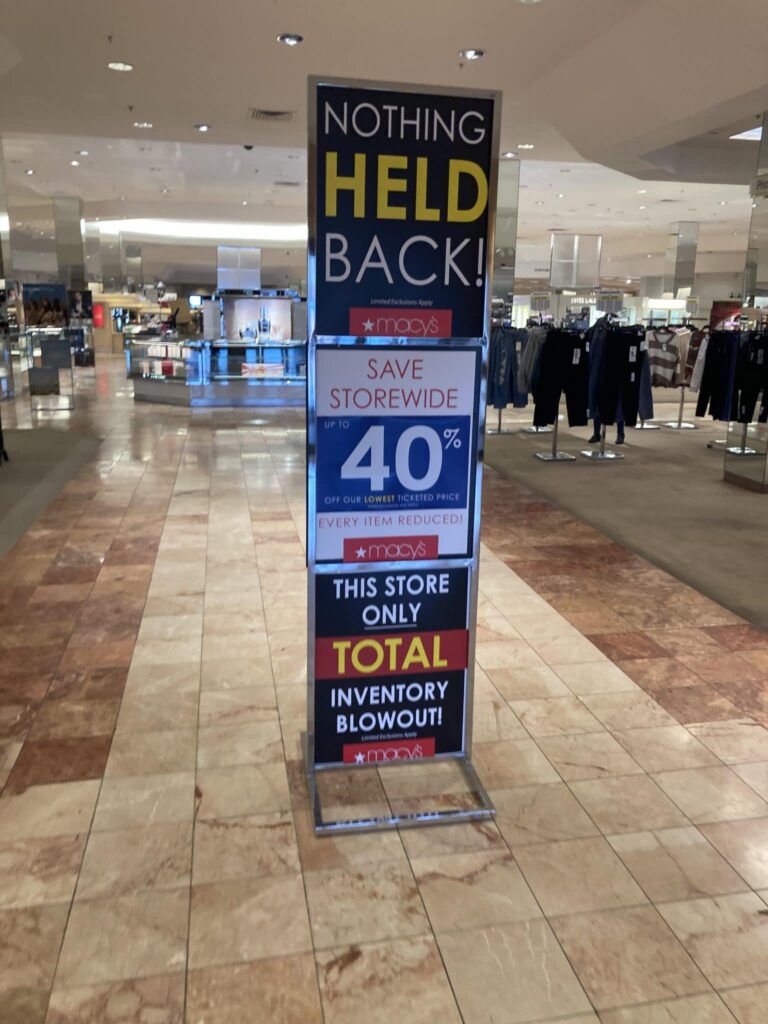
BOULDER — Does the “People’s Republic of Boulder” reflect the flavor of its people — the students, the hippies, the techies, the artists, the hikers, the snowboarders, the admirers of all things weird and funky — if the only companies that can afford to set up retail establishments in the city are national brands with out-of-town backers?
Perhaps not.
“If the community has made a decision that they want a character maintained, then they have to be very deliberate about it,” Michael Kercheval, executive director of the Real Estate Center at the University of Colorado’s Leeds School of Business, told BizWest.
As commercial real estate prices have skyrocketed, local, independent or minority-owned small businesses have increasingly found themselves on the outside looking in. But, somewhat ironically, the redevelopment of a floundering chain of legacy department stores could serve as something of a proving ground for Boulder’s efforts to backstop local retailers.

After years of planning, negotiations with city officials and construction, Boulder29, the “adaptive reuse” project at the Macy’s department store at Boulder’s bustling Twenty Ninth Street district, is now poised to come online. As part of a process of horse trading with Boulder elected officials, the project is required to include an element of affordable commercial space that must first be offered to local businesses.
Corum Real Estate Group Inc. — lead developer of the effort to transform the massive Macy’s store into more than 150,000 square feet of Class A office space — agreed during Boulder’s 2021 entitlement and development approval process (regarded by builders as being particularly stringent compared to many other Front Range municipalities) to a covenant that sets aside roughly 8,000 square feet of retail space for lease by local, independent or minority-owned businesses.
“Just like in residential areas where gentrification has made it difficult for long-time families and members of the community to stay in the community, the same impacts are happening to the business community as well,” Boulder’s interim director of community vitality Cris Jones said.
Local businesses “contribute to the community benefit in other ways [than big companies do] — I think about a locksmith or a shoe-repair shop that might not drive the [sales] volume that an Arc’teryx or a Cotopaxi,” he said. “They have a corporate backing or the price point on their product might allow them to afford these more expensive places. That might not be true for the local, independent retailers or service providers.”
Retail space at Boulder29, expected to come online within the next year, is now being marketed to qualifying businesses at 80% of the market rate for such real estate. The city-developer’s covenant at Boulder29 requires that landlords and their brokers market spaces designated as affordable commercial for about three months before out-of-town operators can get in on the action.
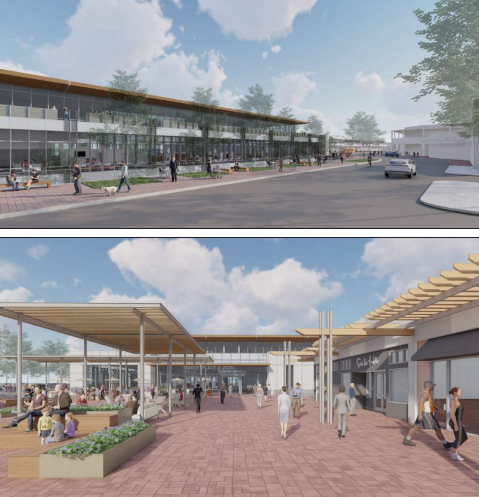
“I’m not sure that the community at large is aware that the city has done this, and that it could benefit” local business operators, Gibbons-White Inc. vice president Angela Topel said. Gibbons-White is the local brokerage marketing Boulder29 and Boulder Junction, a development at 30th and Pearl streets that is obligated to offer discounted rental rates to local businesses.
As part of Boulder’s recent community benefit ordinance implementation, officials codified the process through which developers can realize certain density and building-height exceptions if they provide affordable housing. However, a program for incentivizing affordable commercial space remains mostly ad hoc.
“We don’t have an official or formal affordable program” for commercial real estate, Jones said. “… The city has done some exploration of affordable commercial [programs elsewhere,] and the city has hired consultants in the past to explore what other communities are doing. But that process, to my knowledge, did not reveal any concrete approaches for a community of our size to be pursuing.”
Instead, city leaders have used high-profile development efforts such as at Macy’s to encourage and incentivize builders to include affordable commercial space in their plans.
“I would call it a pilot,” Jones said.
Part of this pilot effort has been engaging CU students and researchers.
Five CU real estate graduate students are researching “policy recommendations to take to City Council [that relate to] economic benefit outcomes, financial costs and perspective of landlords, tenants and community groups,” Kercheval said.
“There’s a lot that can be done, we just have to be aware of the challenges,” he said. The dearth of affordable commercial real estate in Boulder is “a bigger problem than anyone really anticipated.”
Jones said city leaders are “really looking forward to what comes of [CU’s] work and figuring out if there is anything the city would want to implement locally.” Within the next year, Boulder City Council could explore “formaliz[ation of] some components of a local affordable program.”
While the current offering of below-market rate space to local businesses is a step in the right direction, it’s far from a silver bullet, experts say.
Rental rates at 80% of the already quite pricey cost of Boulder storefronts can’t “get [local, small business] on equal footing with a national chain,” Topel said. But, “it’s better than nothing.”
Availability of space in one of Boulder’s premier retail centers is “really perfect for any smaller retail group. And it doesn’t even have to be a retailer. It could be a nonprofit … or a cafe [or] fitness users,” she said. “For anyone who has always wanted to [open up shop in] the Twenty Ninth Street mall, it’s a real opportunity for them to get in at a lower entry rate.”
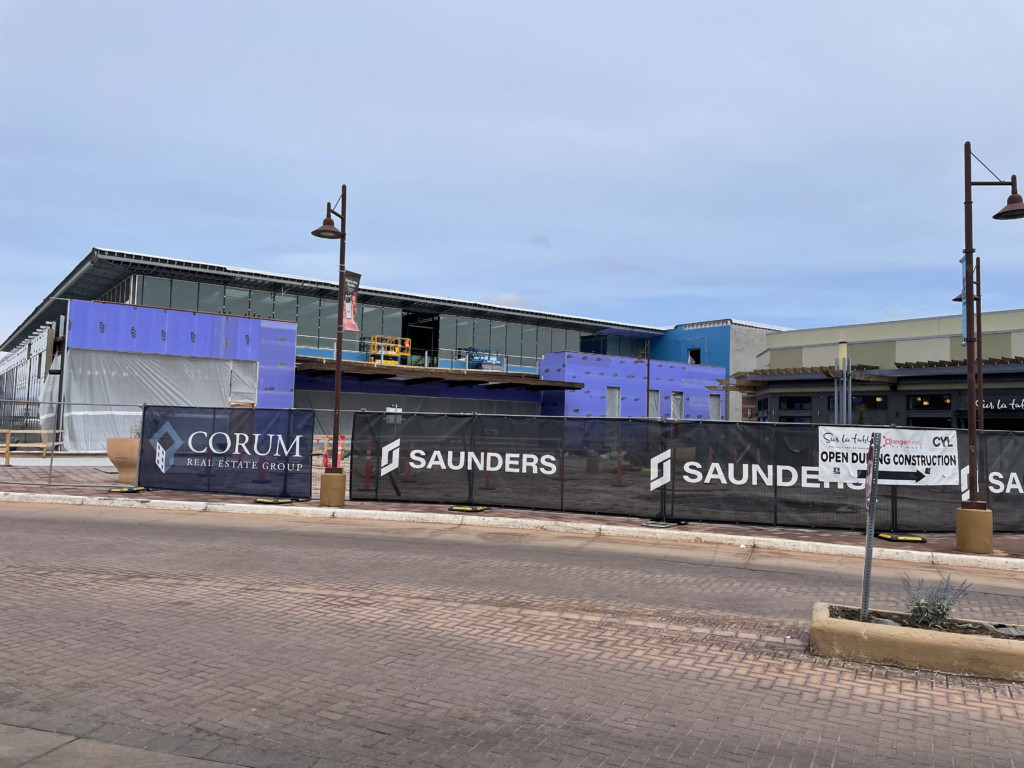
The opportunity is especially juicy for “a little more experiential, amenity-type users,” Topel said.
Boulder’s below-market rate commercial spaces are becoming available at an interesting point in time for retailers.
The COVID-19 pandemic may have exposed structural weaknesses in the national office market, but experts say the following economic rebound could challenge the years-long narrative that brick-and-mortar operators are dead.
“After COVID, people said, ‘We want to go into stores and touch objects,’” Becky Gamble, CEO of the brokerage Dean Callan & Co., told BizWest last month.
Brick-and-mortar locations can also serve as status symbols for some brands.
“It’s not necessarily that stores are crushing it with their sales volume, but there’s intangible value for companies to have a retail presence,” she said, especially in high-profile districts such as Boulder’s Pearl Street Mall or the Twenty Ninth Street shopping district.
It remains to be seen whether the “Twenty Ninth Street mall is the best place to attract local, independent retailers,” Kercheval said.
But something is better than nothing, and you’ve got to start somewhere.
Source: BizWest


